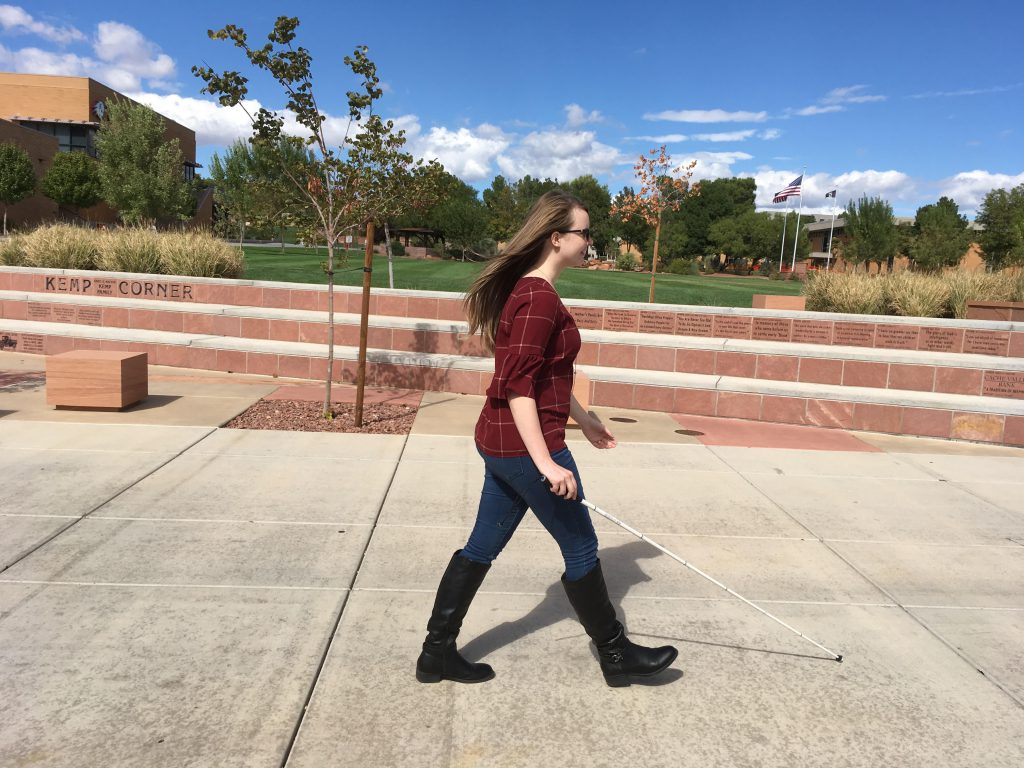Violence aimed at those who cannot fight back is the most disturbing of all, a fact that makes animal abuse even more sickening than it already is.
As time goes on, the treatment of animals has gained more and more attention. SeaWorld’s profits and number of visitors have dropped dramatically following the release of the 2013 documentary “Blackfish,” which detailed the reality of orca captivity at the marine park, and the speaking out of former SeaWorld trainers. After the famous Ringling Bros. and Barnum & Bailey Circus retired their elephants in 2016 following protests and lawsuits brought by animal rights groups, the circus recently announced the show will be closing down for good in May after 146 years.
In comparison to such large-scale operations, those of us in a small town like St. George, which has no zoo and rarely hosts circuses, may think we have little to worry about when it comes to animal abuse.
But those of you who think so are wrong.
Just as prevalent as abuse from corporations like marine parks and circuses is the mistreatment leveled at pets and livestock, something St. George has plenty of. According to the American Society for the Prevention of Cruelty to Animals (ASPCA), “Every 60 seconds, another animal is abused.” If we do the math, that’s at least 1,440 animals per day subjected to neglect and outright violence. And St. George has its part in that.
While I have yet to hear about a dog fighting ring busted in southern Utah, I’ve seen plenty of dogs left chained up year-round through freezing cold and blistering heat. According to The Humane Society, “Tied-up outside, dogs become lonely, bored and anxious, and they can develop aggressive behaviors.” Neglecting your dog by having it constantly tethered is not only hurtful to the animal but can lead to aggression in the dog that would not have otherwise ever happened.
Another regular event here is the annual Dixie Roundup Rodeo. Rodeos have come a long way as far as regulation governing the treatment of rodeo animals. But the behavior of animals in rodeos is not natural; they are pushed and prodded to appear fierce and angry in the ring. If given a choice, a rodeo animal would much likely rather hang out grazing in a field than be subject to electric prods and bucking straps, which are placed around the animal’s abdomen.
In addition, The Professional Rodeo Cowboys Association, which provides rules regulating the handling of animals, only sanctions a small percentage of the rodeos held annually in the U.S., which is estimated at about 10,000. I’m glad that the Dixie Roundup Rodeo is PRCA approved, but as suggested by the imminent closure of the Ringling Bros. & Bailey Circus, there comes a time when we humans need to let go of pastimes like rodeos and put the lives of animals before our own pleasures.
When considering that animals who are abused don’t understand why they’re being hurt, the abuse becomes all the more horrific. As humans, we can reason through why violence may be leveled at us — though, of course, violence is never justified. But for animals, who lack our capacity for reasoning, hurt coming from the people who are supposed to care for them can never be understood.
Even worse, according to The Humane Society, “Intentional cruelty to animals is strongly correlated with other crimes, including violence against people…Seventy-one percent of domestic violence victims reported that their abuser also targeted pets.” If someone abuses animals, hurting another person at some point becomes even more likely.
If you suspect a case of animal abuse, speak up. Animals can’t speak for themselves; we are the ones who must do something. According to the ASPCA, “The best thing you can do is report your suspicions of cruelty to your local law enforcement agency, humane organization, animal control agency or taxpayer-funded animal shelter.” When possible, document what you’ve seen, take photos and be willing to stand as a credible witness of the abuse. Visit aspca.org for tips on how to recognize animal cruelty.
Don’t purchase tickets to events like rodeos, dolphin shows or circuses; vote with your dollar against forcing animals into unnatural environments and behaviors.
Most of all, be mindful of the creatures around you. You certainly wouldn’t want to be shoved in a too-small cage, chained up in 100-degree weather, tortured or slaughtered.
I doubt animals want any of these things either.



